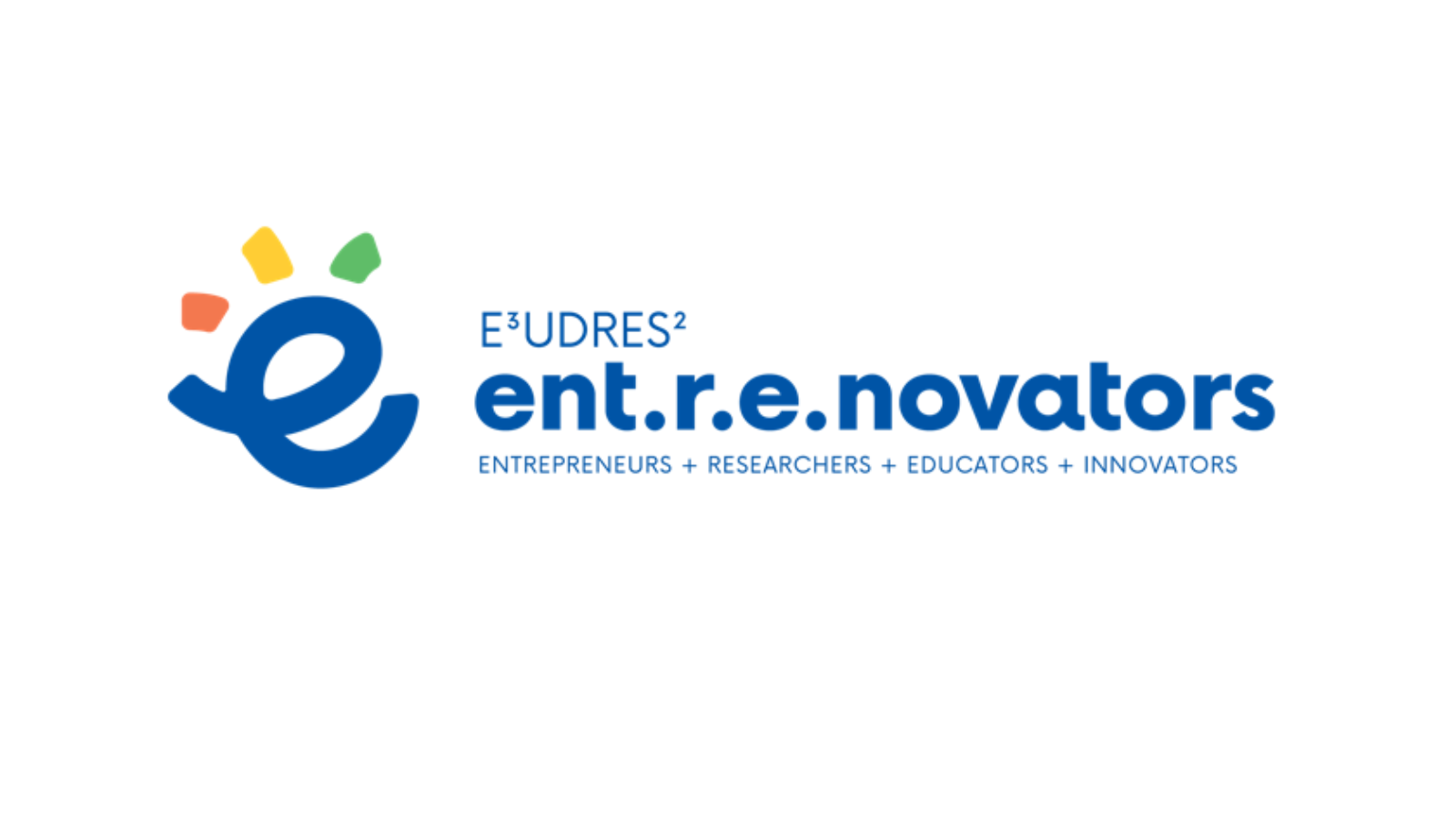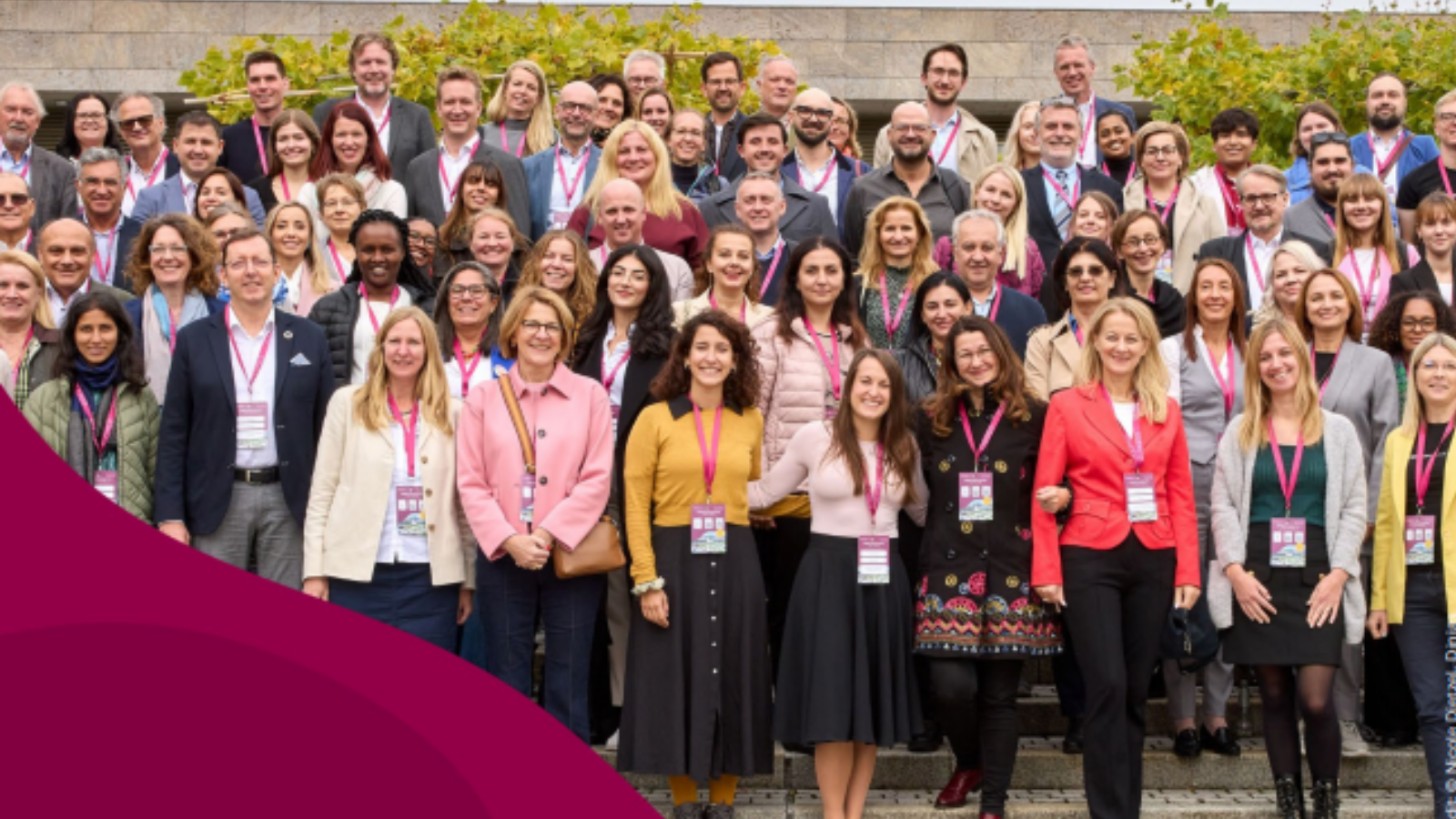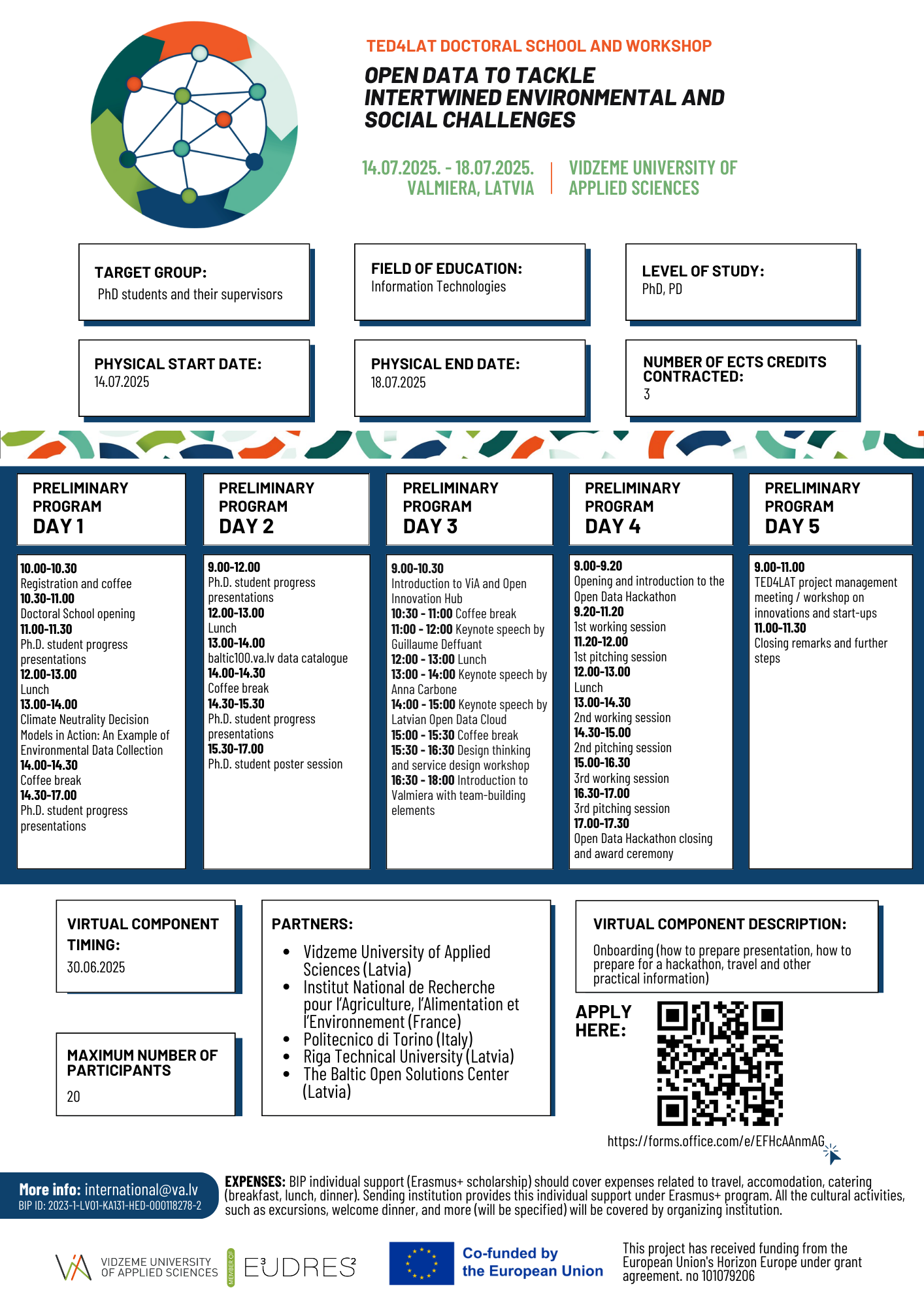From April 12 to 22, representatives of Vidzeme University of Applied Sciences – Agita Līviņa, Agita Šmitiņa, Ilgvars Ābols, and Aigars Andersons – participated in a working visit to India as part of the Erasmus+ Capacity Building project SIPAS. During the visit, with the participation of project representatives from the Polytechnic Institute of Setúbal (Portugal), meetings were held with project partners at Pondicherry University and the National Institute of Tourism and Hospitality Management (NITHM) in Hyderabad. The program also included industry-focused workshops.
During the visit, discussions focused on the development of tourism and hospitality education, the identification of sector needs, and collaborative development of study modules. The delegation also delivered guest lectures on career skills, entrepreneurship in tourism, and the application of technology in the industry. Additionally, the official SIPAS project website was launched.
Among the highlights of the visit were the meetings with the Ministers of Tourism of Puducherry and Telangana regions, as well as other regional-level education officials, which helped enhance the project's visibility and deepen cooperation with Indian institutions. The visit received wide coverage in Indian media.
This visit not only opened new opportunities for student and staff mobility, but also allowed participants to enhance intercultural communication skills and gain deeper insight into the tourism education landscape in India. An additional benefit was the signing of a cooperation memorandum with the Central University of Karnataka, further expanding Vidzeme University of Applied Sciences' collaboration opportunities in India.

Funded by the European Union. Views and opinions expressed are however those of the author(s) only and do not necessarily reflect those of the European Union or the European Education and Culture Executive Agency (EACEA). Neither the European Union nor EACEA can be held responsible for them.








